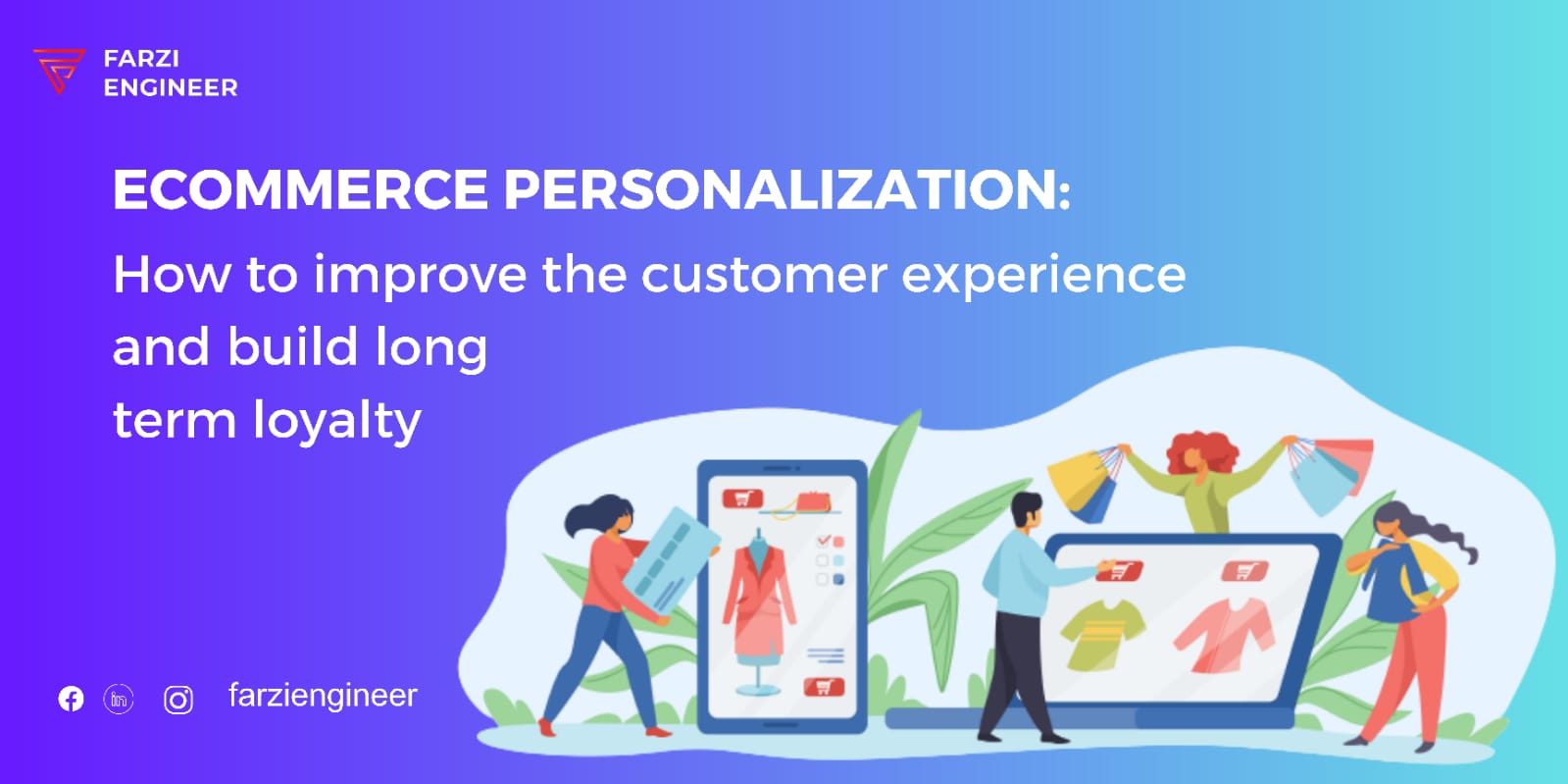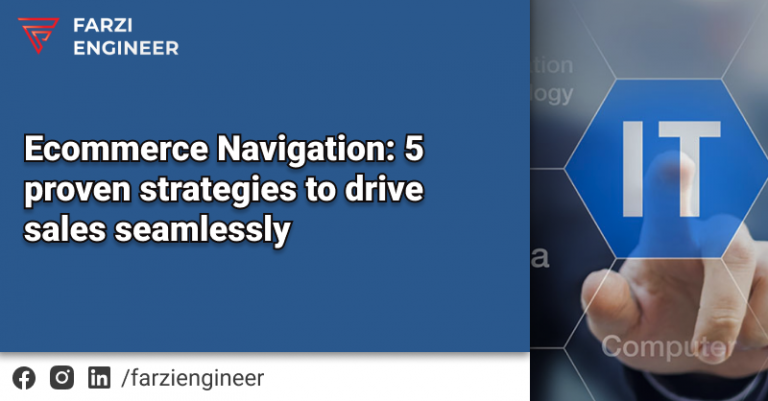In the rapidly evolving world of online retail, personalized experiences have emerged as a crucial factor in driving customer satisfaction, loyalty, and ultimately, business growth. Ecommerce personalization refers to the practice of tailoring every aspect of the customer journey to meet individual preferences, needs, and behaviors.
By understanding customers on a deeper level and providing them with relevant, meaningful interactions, businesses can establish stronger connections, drive conversions, and foster long-term loyalty. In this comprehensive guide, we will delve into the various strategies and techniques for leveraging ecommerce personalization to enhance the customer experience and build enduring relationships.
Deliver Personalised Gifts and Rewards
A key aspect of ecommerce personalization is the ability to surprise and delight customers through tailored gifts and rewards. Traditional loyalty programs often involve generic incentives that may not resonate with every customer. By analyzing customer data and understanding their preferences, purchase history, and browsing behavior, businesses can create personalized rewards that cater to individual tastes. For instance, if a customer frequently purchases running shoes, offering a discount on their preferred brand or related accessories can not only incentivize future purchases but also demonstrate a deep understanding of their interests.
Implementing such a strategy requires a robust customer data management system. Collecting and analyzing data from various touchpoints, including website visits, social media interactions, and past purchases, enables businesses to create accurate customer profiles. Utilizing machine learning algorithms can further refine these profiles, predicting future preferences and behaviors with a high degree of accuracy. By doing so, businesses can offer rewards that align with customers’ preferences, making them feel valued and understood.
Personalise Your Online Shopping Experience With Ecommerce
The checkout process is a critical juncture in the customer journey, where friction or complexity can lead to cart abandonment. Ecommerce personalization can significantly impact this phase by streamlining the process based on individual preferences. One effective strategy is to provide personalized product recommendations during checkout. By displaying complementary items that match the customer’s selected products, businesses can increase the average order value and enhance the shopping experience.
Furthermore, simplifying the checkout process by storing payment details, shipping addresses, and order history can expedite future transactions. Customers appreciate the convenience of a hassle-free checkout, and personalized options such as saved shopping carts can encourage repeat purchases. Employing retargeting techniques, such as sending abandoned cart reminders along with relevant product suggestions, can recapture lost sales opportunities and demonstrate a commitment to meeting customer needs.
Make Omnichannel Customer Support More Individualised
In the era of omnichannel retail, providing consistent and personalized customer support across various touchpoints is essential. Whether a customer interacts with your business through email, social media, live chat, or phone calls, they expect a seamless experience where their inquiries are understood and addressed promptly.
Ecommerce personalization can revolutionize customer support by integrating customer data into support systems. When a customer reaches out, agents can access their purchase history, preferences, and previous interactions to provide informed assistance. This approach not only saves customers from repeating information but also showcases the business’s dedication to personalized service.
Proactive engagement is another facet of personalized customer support. By monitoring customer behavior, businesses can identify potential issues and offer solutions before they escalate. For instance, if a customer repeatedly encounters difficulties during the checkout process, sending a personalized message with step-by-step guidance can prevent frustration and encourage a successful purchase.
Plan Your Notifications Carefully.
Notifications, including email marketing campaigns and push notifications, can be powerful tools for staying engaged with customers. However, bombarding customers with irrelevant messages can lead to annoyance and even unsubscribes. Ecommerce personalization transforms notifications into valuable communication by delivering content that aligns with individual interests and behaviors.
Segmentation is a fundamental strategy in this regard. Dividing your customer base into segments based on demographics, purchase history, and preferences allows you to craft targeted messages. For example, notifying customers about a sale on their favorite product category or offering exclusive previews of upcoming collections can create a sense of exclusivity and excitement.
Moreover, leveraging behavioral data can enhance the timing and relevance of notifications. Sending abandoned cart reminders with a time-sensitive discount can prompt hesitant customers to complete their purchase. Analyzing the best times for engagement based on when customers are most active can further optimize the impact of your messages.
Be Versatile With Your Payment Options
Ecommerce personalization extends to the payment stage, where offering flexible options can cater to diverse customer preferences. While traditional payment methods like credit and debit cards remain popular, incorporating alternative options such as digital wallets, buy-now-pay-later services, and cryptocurrency can accommodate a wider range of customers.
Personalization in payment options also includes currency and language preferences for international customers. Automatically displaying prices in the customer’s local currency and offering multilingual support during the checkout process eliminates confusion and enhances the overall shopping experience.
Furthermore, personalized payment plans can be introduced for high-ticket items. Allowing customers to choose between installment payments or providing personalized financing options can make such purchases more manageable and increase the likelihood of conversion.
Maximising Customer Retention with Ecommerce Personalization
Building long-term loyalty requires ongoing efforts beyond the initial purchase. Ecommerce personalization plays a pivotal role in customer retention by continuously engaging and nurturing relationships. One effective strategy is the use of personalized content marketing. Sending relevant blog posts, videos, or product recommendations based on the customer’s interests not only adds value but also keeps the brand top-of-mind.
Implementing a loyalty tier system is another approach to enhance customer retention through personalization. By offering exclusive benefits, such as early access to sales, premium customer support, or personalized product recommendations, businesses can incentivize customers to remain loyal and engage more deeply with the brand.
Collecting feedback and acting upon it is a hallmark of customer-centric personalization. Sending personalized surveys or follow-up emails after purchases allows customers to voice their opinions and concerns. Responding promptly and implementing suggestions demonstrates that the business values customer input, leading to increased satisfaction and loyalty.
Conclusion
In conclusion, ecommerce personalization has transformed the way businesses engage with customers in the digital landscape. By tailoring gifts, streamlining checkout processes, offering personalized support, strategic notifications, flexible payment options, and fostering long-term loyalty, businesses can create a customer experience that is not only memorable but also deeply meaningful. As the online retail space continues to evolve, embracing ecommerce personalization is no longer a luxury but a necessity for businesses aspiring to build lasting relationships and thrive in the competitive market.




